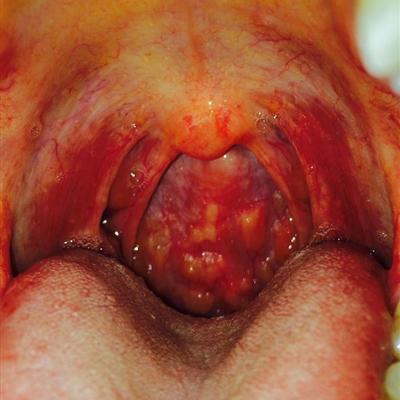What genetic disease is galactosemia
summary
Galactosemia is a metabolic disease, if the condition is not very serious, there will be no obvious symptoms, and serious cases will appear dysphonia, cataract, mental retardation and so on. Let's see what genetic disease galactosemia is.
What genetic disease is galactosemia
Firstly, galactosemia is an autosomal recessive congenital metabolic disease. The activities of three enzymes related to galactose metabolism were about 1 / 2 of those in normal subjects, while those in homozygotes were significantly lower. The locus of the genes controlling the three enzymes is clear, uridyltransferase in the short arm of chromosome 9, galactokinase in the long arm of chromosome 17, and galactose epimerase in chromosome 1.

Secondly: classical galactosemia occurs in the second step of galactose metabolism, which is an autosomal recessive genetic disease caused by the accumulation of its precursor 1-phosphate-galactose. Liver, kidney, lens and brain are the main organs involved.

Finally: there are many regional variants of galactose-1-phosphate uridyltransferase, the activity of galactose-1-phosphate uridyltransferase is involved in different degrees, and the enzyme protein molecules show different swimming speed in electrophoresis, which is helpful to identify the types. The clinical manifestations of galactosemia are different from the disease type and course of disease. Mild cases may have no clinical symptoms, and the most serious cases are fulminant.

matters needing attention
The prognosis of children depends on early diagnosis and treatment. Most of the patients died in the neonatal period without proper treatment, and the average life span was about 6 weeks. Therefore, after suffering from galactosemia, we should actively carry out treatment to avoid serious cases.












